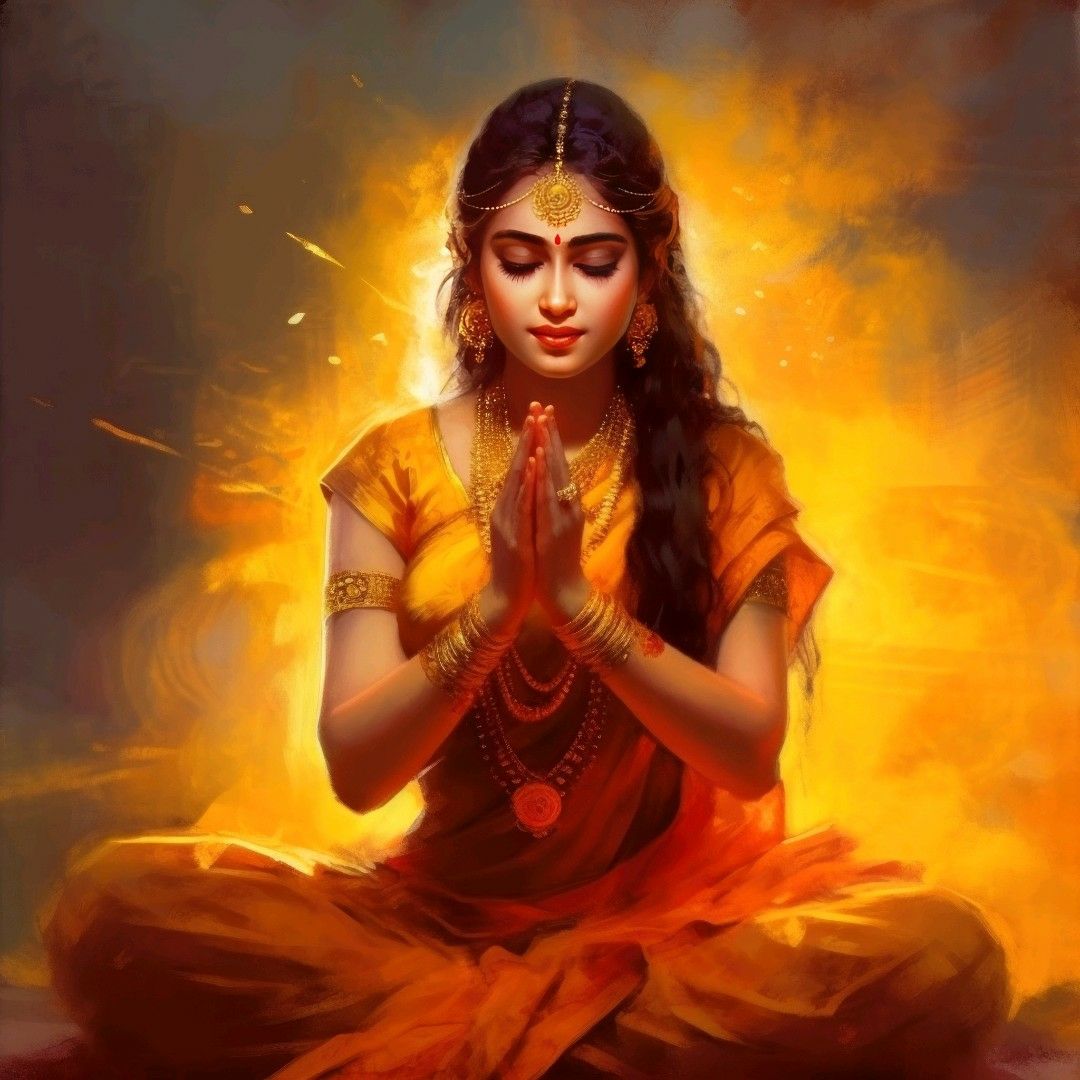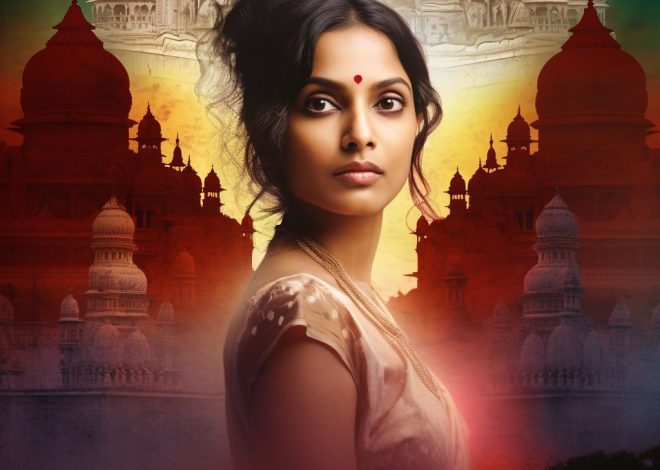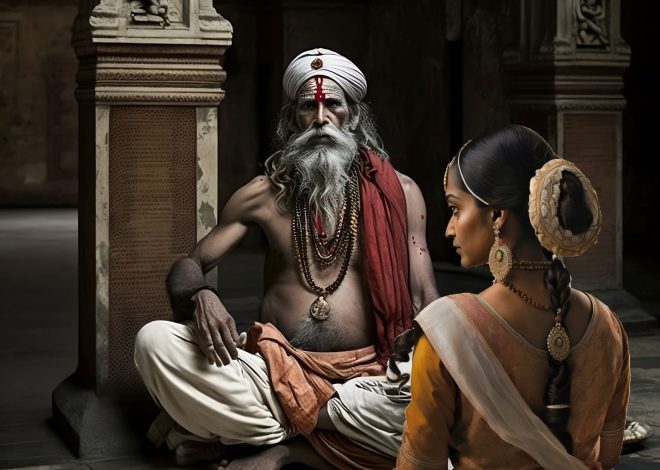
The Appropriation of Hindutva: Misuse by Anti-Indian Forces
Hindutva, as conceived by Vinayak Damodar Savarkar and other early proponents, aimed to celebrate the cultural and historical essence of Hinduism. It was seen as a unifying cultural identity for Hindus, emphasizing shared heritage and values.
Hindutva, a term originally coined to describe the cultural and nationalist aspects of Hindu heritage, has found itself at the center of heated debates in India’s political landscape.
While it was intended to promote and preserve India’s rich cultural heritage, it can be argued that anti-Indian forces have appropriated the term to build a negative narrative. This article, will explore the misuse of Hindutva and the implications of such appropriation.
Central to this discourse is the narrative constructed around Hindutva by various factions within the Indian National Congress (INC), which critics argue, often conflates it with extremist tendencies for political leverage.
At the core of Hindutva lies a beautiful essence that transcends political and religious boundaries, encapsulating the rich cultural and spiritual heritage of India. However, this essence often gets overshadowed by political narratives, primarily propagated by factions within the INC, linking Hindutva to extremist or militant ideologies.
The discourse surrounding Hindutva is rich and complex, mirroring the diverse socio-political landscape of India. While political narratives continue to evolve, the essence of Hindutva, rooted in the cultural and spiritual ethos of India, remains a timeless entity, often misunderstood or misrepresented in political gambits.
Through a deeper understanding and appreciation of this essence, one can hope to transcend the divisive narratives and embrace the unifying spirit of Hindutva, ultimately contributing to a more harmonious and inclusive society.
The dilemma faced by leaders like Kamal Nath and others within Congress showcases the complex navigation required amidst the BJP’s Hindutva narrative, with critics arguing that it often leads to a misleading portrayal of Hindutva.
Rashid Alvi’s Purported Comments:
Videos and statements surfacing from various Congress leaders like Rashid Alvi further add fuel to the claims of a deliberate narrative being built to tarnish the ideology.
Salman Khurshid and Digvijaya Singh’s Controversial Books:
Notable Congress leaders Salman Khurshid and Digvijaya Singh have been cited for creating controversy with their books, drawing parallels between Hindutva and terrorist organizations or engaging in what critics label as appeasement politics.
Rahul Gandhi’s Comments:
The former Congress Chief has been at the forefront of differentiating Hinduism from Hindutva, with critics arguing that such distinctions serve to alienate the ideology from its roots. His comparisons of RSS to the Muslim Brotherhood and the attempts at soft Hindutva further stir the pot.
Saffron Terror Remark:
The term “saffron terror”, coined by then-Home Minister P. Chidambaram in 2010, drew ire for allegedly associating terrorism with the saffron color, symbolic of Hinduism and by extension, Hindutva.
Election campaigns have often been a hotbed for divisive statements. Accusations have been made against Congress leaders for leveraging the Hindutva narrative to appeal to specific voter bases, at times seen as a tactic to polarize the electorate.
Manish Tewari has voiced concern over the party’s deviation from secularism, possibly reflecting an internal recognition of the issue at hand.
#hindutva #hindu #malign


